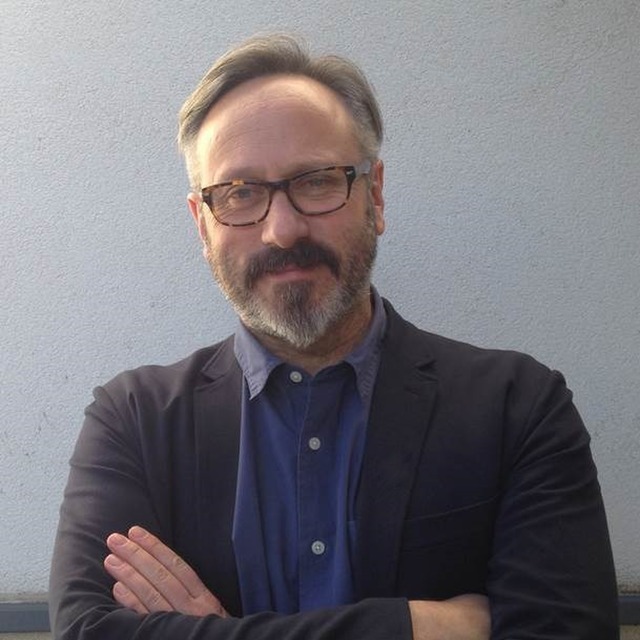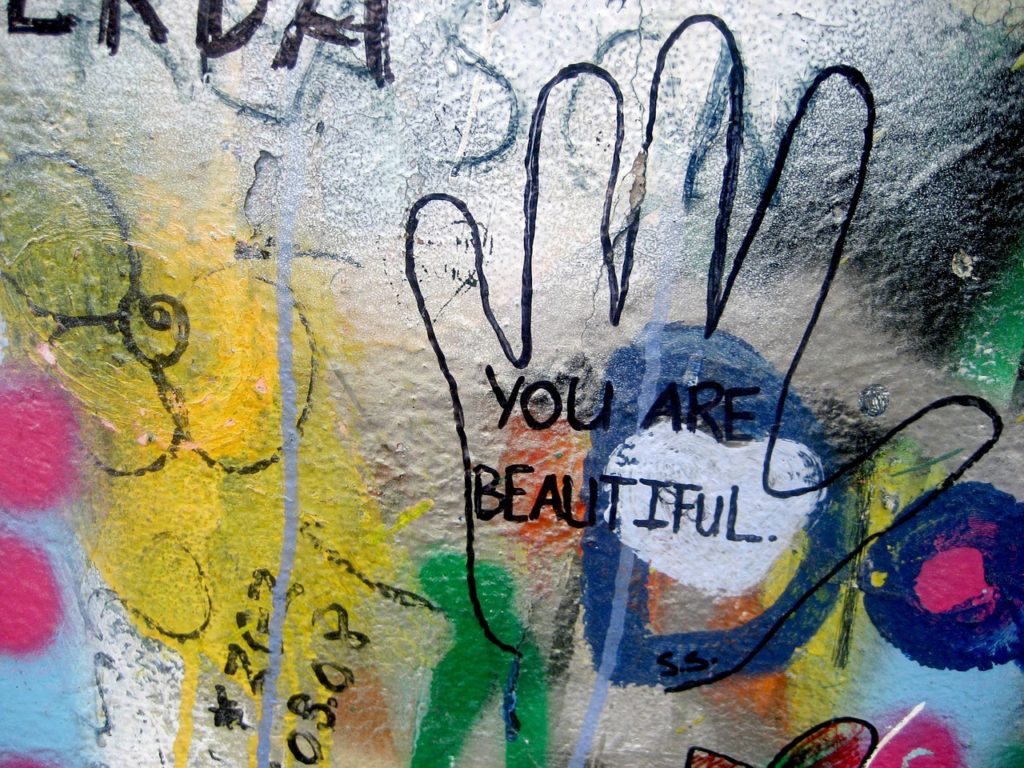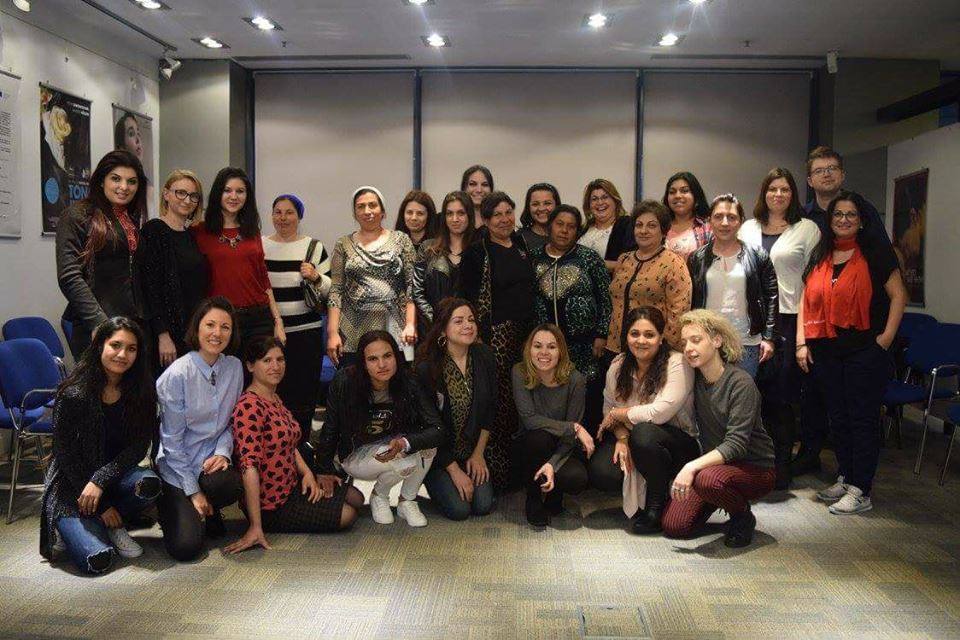
Annabel Laughton, Gloucestershire, UK, SSH Blog Correspondent
This month I had the chance to speak to Michael Conroy, National Coordinator for A CALL TO MEN UK. After hearing from feminist activist Finn Mackay last month about the importance of working with men and boys to challenge and change the culture that continues to allow street harassment and all forms of violence against women to exist, I was keen to find out more about an organisation doing exactly that.
A CALL TO MEN UK was set up in 2011 by Kay Clarke, who after years of working with women survivors of men’s violence began to think about prevention. Conroy got involved when he saw Tony Porter (co-founder of the US based A CALL TO MEN) speak. “I watched a session and thought ‘This is really important work and I should be doing this too!’”, he says.
And the aim is as big as it is important: to create a critical mass of younger men who will no longer uphold the cultural beliefs driving violence and coercive behaviour. This will be a “tipping point”, Conroy says, which will enable the shrinking of the spaces where misogyny flourishes and allow healthier norms to become embedded. The organisation works towards this goal in a variety of clever ways, focusing on “creating opportunities for creative, challenging dialogues with boys and young men around what it means to be a man and how some of the messages we receive can be really harmful, not just to women and girls, but also to ourselves as men.”
One example is the FreeUp programme which starts “the kind of conversations that just don’t happen often enough – about porn, consent, objectification, autonomy, the rules of the ‘manbox’ and how we as males sometimes police each other by invoking rules of masculinity”.
Ingeniously, A CALL TO MEN UK trains staff already working with groups of boys and young men, people they already trust, to deliver the programme. This can include teachers, social workers, Family Support workers or sports coaches, and has the added benefit of educating staff in these settings, which helps to secure the values of the training as part of the ethos in these organisations.
And does street harassment get covered in these programmes with young men? Absolutely.
“Our programmes involve a close look at objectifying practices, which include street harassment, cat-calling, unwanted comments and sexualising behaviour. We unpick the belief system that makes it seem ok to behave in that way. Our analysis, which is clear in our programme, explicitly links that kind of abusive behaviour to the rules of the ‘manbox’, by which men have to – or at least feel empowered to – publicly prove their heterosexuality and by which they believe women are of lesser value and in effect the property, particularly sexual property, of men.” Conroy goes on to say that the programmes also tackle victim blaming, which is “probably part of most street-harassers’ stock script”.
The programmes help boys and men to realise that their actions are their responsibility, and theirs alone.
The programmes Conroy coordinates do not shy away from big questions, and seek to be part of huge and fundamental changes in the way men are socialised, and their self-image. “At the core is a need to un-believe in gender myths and delegitimise the permissions they offer and restrictions that they place on us, unequally, as men and women. Beyond our bodies there is no set of features, attributes, characteristics or interests that we can say are male or female, although centuries of history lie heavily upon our personal and collective consciousness and can persuade some that sex roles are innate. Masculinity and femininity are harmful constructs that we need to urgently debunk for the sake of men and women whose lives are affected by their strictures.”
He’s also unequivocal in one practical way men can create far reaching change in society: at home, by doing an equal share of housework and childcare. “That unsung and unsexy stuff is all too often overlooked but if we can’t or won’t do that, then what hope for the ‘big’ stuff?”
Learning about this fantastic organisation reminds me again how much we need male allies to be part of our fight against street harassment, against sexism, misogyny and patriarchy itself. We need men on our side, working alongside us and taking the message to those who will not hear us, and we need to hold men to account – including those many, many good and decent men who still believe that misogyny is not their fight and thus stay silent.
Annabel is involved in campaigns for human rights, mental health, environmental issues and social justice. She has an honours degree in Classical Studies, a diploma in counselling, and works in Higher Education.


